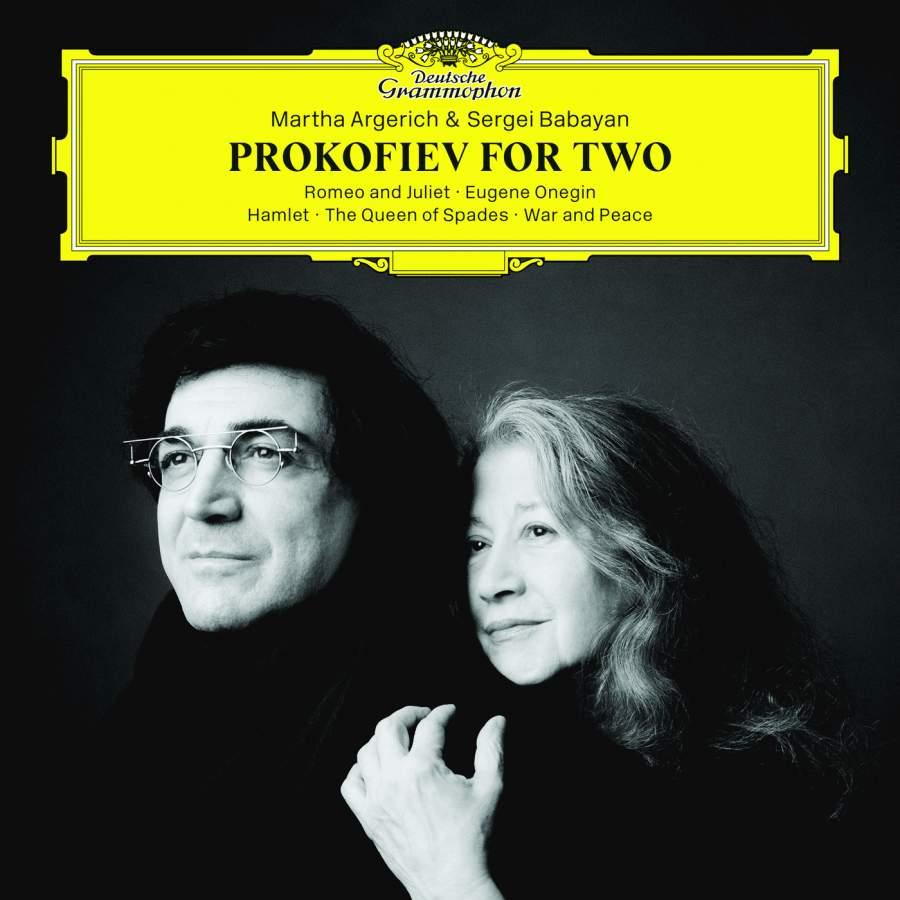
Prokofiev’s career almost went backwards. He was an enfant terrible in Russia before the Revolution, a modernist iconoclast in the West through the 1920s and then, when the call of his native soil overwhelmed him in the 30s, he came home. His timing was appalling. Many of his motives were questioned, there was so much conforming to do to the Stalinist ideal, so much personal anguish, that his production of so much remarkable music is a miracle. His final five years were particularly miserable. He had several heart attacks, his first wife was inexplicably sent to a labour camp and, as nobody was performing his work, his financial situation became ever more dire.
As Wolfgang Rathert points out in his booklet notes, the diversity of Prokofiev’s output during his Soviet years is hard to understand in any context other than political necessity. How else to explain the creation of his ballet score Romeo and Juliet three years before his cantata Hail to Stalin?
Sergei Babayan has created a love letter to this part of Prokofiev’s life in his transcription for two pianos of a selection from Romeo and Juliet, and other pieces written between 1936 and 1949. His performance partner is Martha Argerich, the inspiration for the project, and if your expectation is that this will be pretty
special, you are right. This recording is the culmination of a series of live performances Babayan and Argerich have given over the last few years, starting at the Lugano Festival in 2013, and the sense of a rock-solid musical partnership is palpable.
Babayan does not follow the order of the complete score, or the orchestral suites and
solo piano suites Prokofiev subsequently created. This set of 12 movements has a dramatic structure of its own, beginning with a hair-raising Death of Juliet and ending with the fire and fury of Death of Tybalt. The Gavotte is a marvel of delicacy, and The Young Juliet never danced as lightly or as quickly as she does here. The emotional climax is, not surprisingly, the lovers’ farewell, which, in this performance, is intensely moving but also icily brilliant, particularly in the final pages.
Who knew that Prokofiev wrote incidental music to Eugene Onegin? The last seven tracks on this album are full of such discoveries, including music from an unfinished 1937 film version of The Queen of Spades. The idée fixe from this score ends the album on a wonderfully sardonic note.
If you care about Prokofiev, 20th century piano music, or Martha Argerich – one of
the most consistently stimulating pianists of the last 50 years – this album is pretty much unmissable.












Comments
Log in to join the conversation.